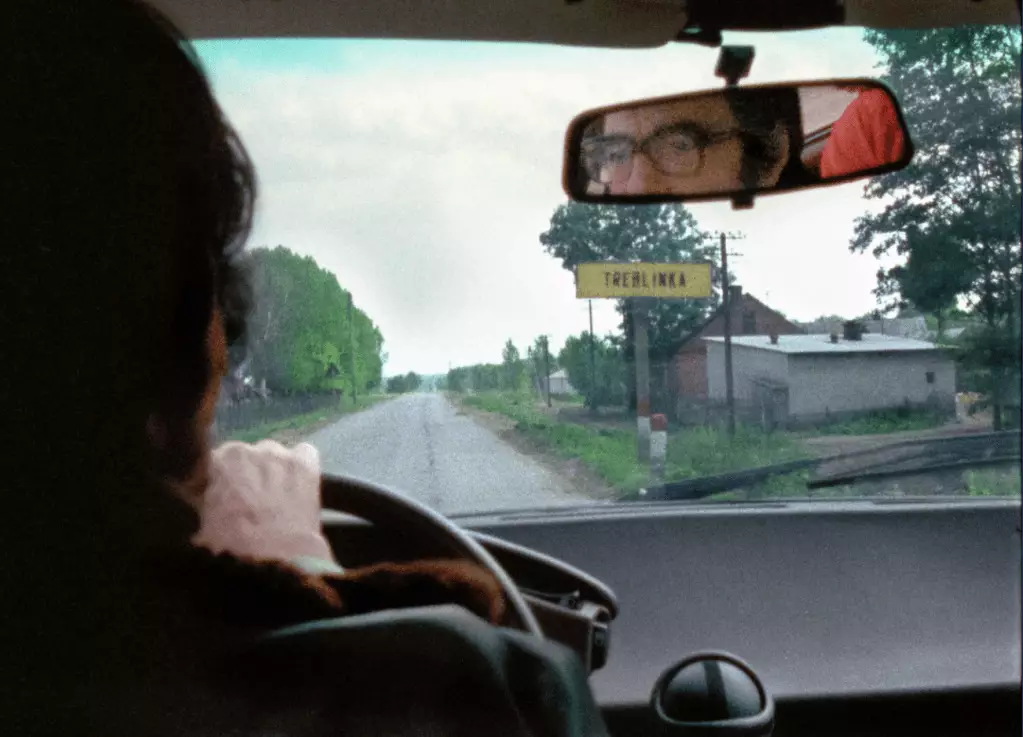In the realm of documentary cinema, few films have achieved the profound impact and lasting significance of Claude Lanzmann’s *Shoah*. Debuted 40 years ago, this nearly 10-hour cinematic experience is currently being highlighted at the Berlin Film Festival, underlining its status as a benchmark in the genre. Unlike traditional historical documentaries that often rely on archival footage, Lanzmann’s approach is groundbreaking—utilizing in-depth interviews to weave the harrowing narratives of Holocaust survivors, bystanders, and even perpetrators across a spectrum of 14 countries. By eschewing visual documentation of the genocide itself, Lanzmann focuses on the lived experiences and recollections of individuals, thereby emphasizing the importance of personal testimony in understanding historical trauma.
The festival’s program notes encapsulate this innovative approach, stating that *Shoah* “reincarnates” the Jewish tragedy through verbal recollection rather than visual representation. This decision forces audiences to confront the implications of unfiltered memory, inviting a deeper engagement with the emotional realities of the Holocaust rather than mere visual acknowledgment. In doing so, Lanzmann redefined the documentary framework, challenging filmmakers to reckon with the ethical dimensions of storytelling. By revisiting iconic locations of the atrocity, the film allows viewers to grapple with the immensity of history through a deeply personal lens, provoking questions about complicity and forgetfulness in collective memory.
In conjunction with *Shoah*’s anniversary, the Berlinale is also showcasing *All I Had Was Nothingness* (Je n’avais que le néant), directed by Guillaume Ribot. This new film adds another layer of contemplation to Lanzmann’s legacy by exploring his life and unearthing previously unseen footage, including a striking scene where neighbors confront Lanzmann about their ignorance of a suspected war criminal in their midst. This moment not only illustrates the denial prevalent in post-war society but also serves as a critique of complicity and the moral responsibilities of individuals within communities.
Ribot’s work is a commendable homage to Lanzmann, drawing on the director’s own words and reflections from his memoirs. As the Berlinale notes, *Shoah* was added to the UNESCO Memory of the World Register earlier this year, solidifying its cultural significance and impact on collective memory. This acknowledgment underscores the stakes involved in documenting such narratives and preserving them for future generations.
Claude Lanzmann, who would have celebrated his 100th birthday this year, remains a towering figure in cinematic history. His relationships with literary giants like Jean-Paul Sartre and Simone de Beauvoir further situate him within a broader cultural context, amplifying his influences on existential thought and ethics. His final work, *Napalm*, reveals a multifaceted artist whose pursuits transcended mere documentary filmmaking to encompass the breadth of human experience and emotion.
Ultimately, *Shoah* stands as more than just a film; it is a continuing conversation about memory, truth, and the responsibilities of remembrance. As filmmakers and audiences engage with Lanzmann’s groundbreaking work, they are compelled to reflect on the enduring implications of his insights and the narratives that continue to shape our understanding of history today. This reflection is not merely nostalgic; it is a pressing necessity in an era where the lessons of the past remain woefully relevant.

